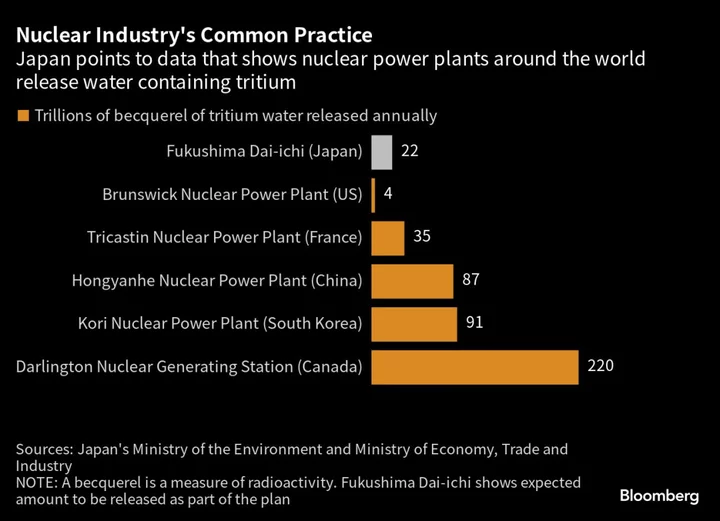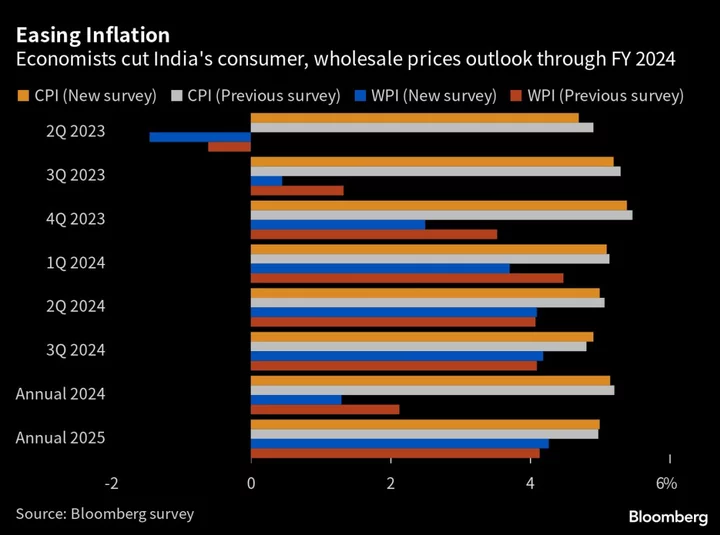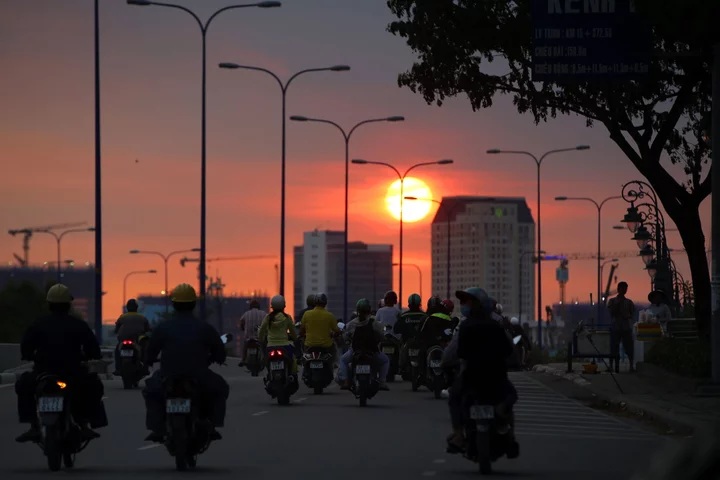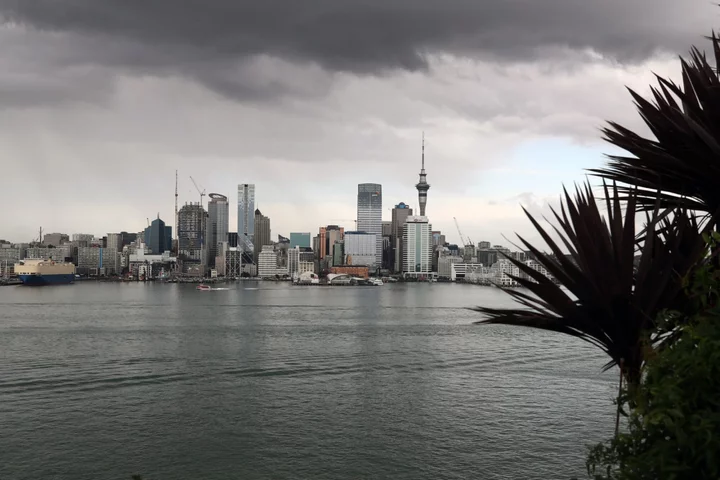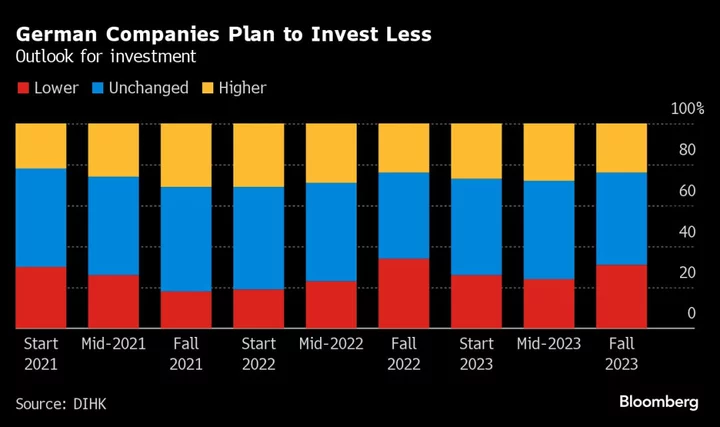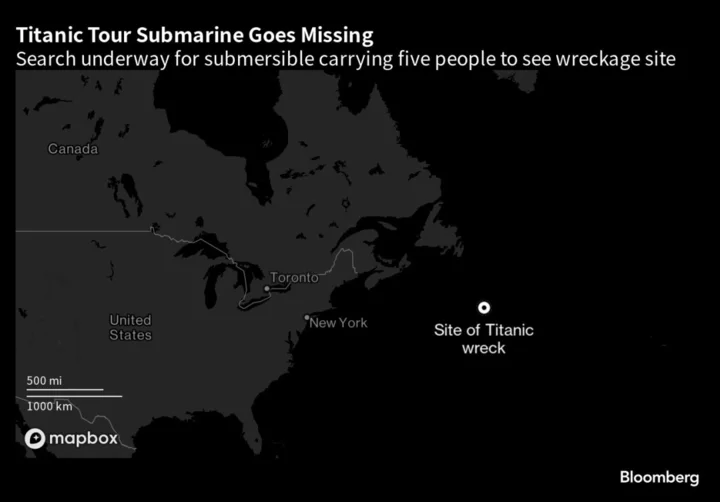Japan’s plan to release treated wastewater from the Fukushima nuclear disaster site is in line with global safety standards, the International Atomic Energy Agency said after completing a two-year review.
The agency found the proposals for “controlled, gradual discharges of the treated water” into the Pacific Ocean “would have a negligible radiological impact on people and the environment,” Director General Rafael Grossi said in a foreword to a report handed Tuesday to Japan’s Prime Minister Fumio Kishida.
IAEA officials will continue to review the release of the wastewater and conduct live monitoring. The conclusion of the agency’s study enables Japan “to take the decisions that you may wish to take to continue and move on to the next phase,” Grossi said as he met with Kishida.
An assessment of the discharge facility by a domestic nuclear regulator is still required before a timeline is finalized to begin releasing the water — equivalent in volume to about 500 Olympic-size swimming pools. Government officials have indicated the discharges, which could take decades, would begin during the summer.
“I will not allow a release that would harm people or the environment in Japan or around the world,” Kishida told reporters. “I will continue to explain carefully at home and abroad, on a scientific basis and with a high degree of transparency.”
The proposal has been harshly criticized by China’s government, sparked public protests in South Korea and faces opposition from some local residents and members of Japan’s fishing industry. Cosmetics brands to seafood exporters are among those to have been targeted with potential boycotts.
Tokyo Electric Power Co., which operates the Fukushima Dai-ichi nuclear power plant, cycles in water to keep fuel and debris cool at the disaster site. That contaminated water is processed to remove most radioactive elements, except tritium which is more difficult to eliminate at low concentrations.
The liquid is currently stored in about 1,000 tanks and Tepco plans to further dilute the waste with seawater before releasing it off the coast through an underground tunnel. Japan’s government and Tepco argue that removing the wastewater and storage tanks is necessary to allow full decommissioning of the Fukushima Dai-ichi nuclear plant, which suffered a meltdown in 2011.
Japan sought backing from the IAEA to show that the plan is in line with decades of standard practice in the nuclear industry. The IAEA, which will open an office at the Fukushima site, will work with Japan to provide assurances to neighboring nations, Grossi said.
Grossi is also scheduled to hold talks from Friday in South Korea with officials including Foreign Minister Park Jin.
--With assistance from Stephen Stapczynski.

